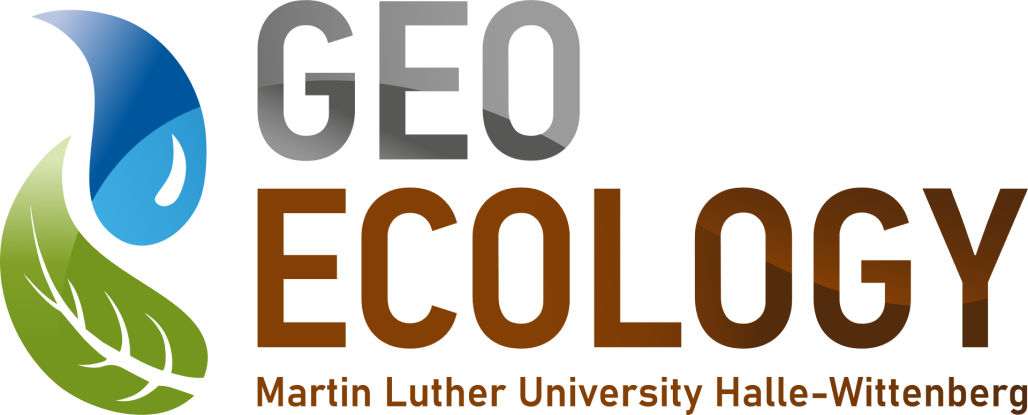Pakistani and German partners work hand in hand for identifying technically, economically, and institutionally feasible ways of increasing the efficiency and productivity of water use along the entire cotton-textile value chain in Pakistan. Our goal is to further develop the concept of the water footprint as a management tool that will support Pakistani decision-makers in managing scarce water resources and that will assist German consumers in making informed choices when purchasing textiles.
Subproject management:
National Partners:
- Forschungsinstitut für Wasser- und Abfallwirtschaft an der
RWTH Aachen e.V., 52056 Aachen (FiW) - TU Berlin, Fachgebiet Sustainable Engineering, 10623 Berlin (TUB)
- Hochschule Niederrhein, Forschungsinstitut für Textil und Bekleidung,
41065 Mönchengladbach (HN-FTB) - IWW Rheinisch-Westfälisches Institut für Wasserforschung gGmbH,
45476 Mülheim an der Ruhr (IWW-MH) - Universität Würzburg, Lehrstuhl für Fernerkundung,
97074 Würzburg (UW) - Rheinische Friedrich-Wilhelms-Universität Bonn,
- Zentrum für Entwicklungsforschung, 53113 Bonn (ZEF)
- RWTH Aachen, Institut für Wasserbau und Wasserwirtschaft,
52056 Aachen (RWTH-IWW) - Hochschule Ruhr West, 45407 Mülheim an der Ruhr (HRW)
- Thies GmbH & Co. KG, 48653 Coesfeld (THIES)
- A3 Water Solutions GmbH, 48369 Saerbeck (A3)
- LAR Process Analysers AG, 12057 Berlin (LAR)
- SEBA Hydrometrie GmbH & Co. KG, 87600 Kaufbeuren (SEBA)
- Lippeverband, 44137 Dortmund (LV)
- CHT R. Beitlich GmbH, 72072 Tübingen (CHT)
International Partners:
- University of Agriculture (UAF), Faisalabad – Pakistan
- National Textile University (NTU), Faisalabad
- National University of Sciences and Technology (NUST), Islamabad
- The Urban Unit (UU) Urban Sector Planning & Management Services Unit (Pvt.) Ltd.
- Environment Protection Department (EPD), Government of Punjab
- Punjab Irrigation and Power, Irrigation Department
- Program Monitoring and Implementation Unit (PMIU)
- Pakistan Textile Exporters Association (PTEA)
- All Pakistan Textile Mills Association (aptma)
- Style Textile, Lahore
- Sapphire Fibres Limited, Lahore
- Kohinoor Mills Limited, Kasur
- Cleaner Production Institute (CPI), Lahore
- GIZ Pakistan (GIZ)
- Söke Water User Association, Turkey
- Institute of Marine Sciences and Management, Istanbul University, Turkey
Background and Aims:
- Advancing the water footprint concept to become a meaningful regional steering instrument for national decision makers, manufacturers, retailers, and consumers
- Assessing strategies towards reaching the UN-Sustainable Development Goals
- Surveying the current state of water efficiency, water quality, and concurrent usages in Pakistan and Turkey for cotton production chain
- Supporting decision makers with roadmaps, documentary videos, and internet-based footprint tools
- Providing the base for a Water-Footprint Textile Label rising consumers´ awareness for sustainable consumption
Methodical implactions:
Working through an interdisciplinary approach by using a combination of satellite remote sensing, field-site studies, hydrologic and hydraulic modelling, company surveys, and water quality monitoring. Moreover, demonstrating efficient technologies along the cotton-textile value chain, including efficient cotton irrigation, dyes and process chemicals, textile machinery, suitable wastewater treatment processes, and analytical instruments for water pollution monitoring and reduction.
Expected Results:
- Evaluation of business as usual practices for cotton production and processing
- Development of optimized techniques to cut water usage for cotton production
- Digital tool for show casing the water foot-print for decision makers and consumers

